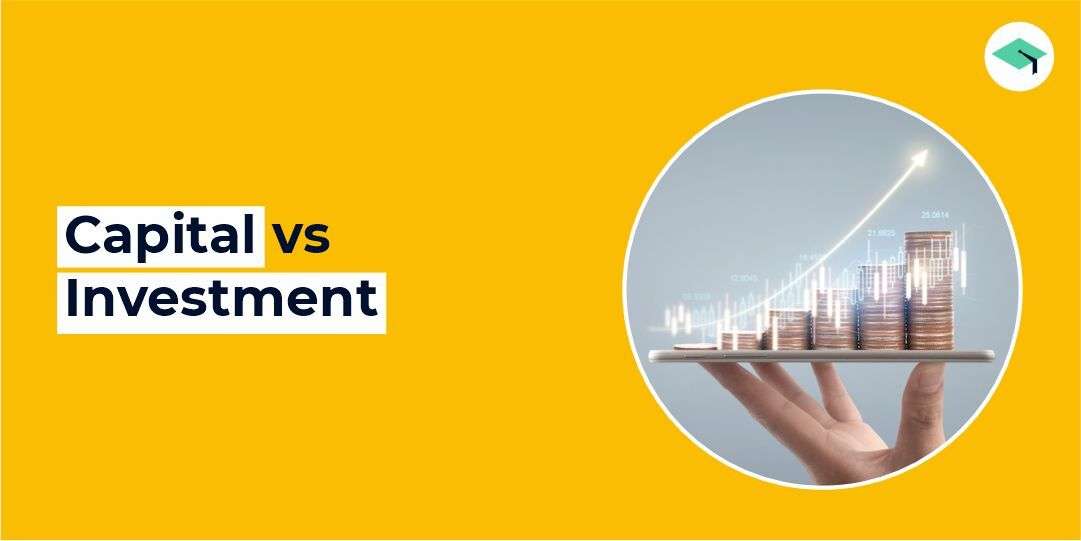Investments Definition Types

That’s why buying commodities is typically for more experienced investors. An investment is an asset or item acquired to generate income or gain appreciation. It requires the outlay of a resource today, like time, effort, and money for a greater payoff in the future, generating a profit. Assuming little risk generally yields lower returns, and assuming high risk typically yields higher returns.
How are investments taxed?
In addition to profits from capital gains and appreciation, investing works when you buy and hold assets that generate income. Instead of realizing capital gains by selling an asset, the goal of income investing is to buy assets that generate cash flow over time and hold on to them without selling. Investing, broadly, is putting money to work for a period of time in some sort of project or undertaking to generate positive returns (i.e., profits that exceed the amount of the initial investment). It is the act of allocating resources, usually capital (i.e., money), with the expectation of generating an income, profit, or gains. Every investment is different, and it can be dangerous to categorize certain asset classes as safe or risky. For example, a lot of people say bonds are safer than stocks even though some fixed-income investments, such as junk bonds, may be riskier.
Top 10 Stocks US Senators Are Buying in 2024
Very commonly they bring a deep knowledge of the technologies and markets, and as a result can add significant value in terms of business model and marketing strategy. Some VCs have large networks of contacts—with other investors, customers, potential partners, and managers. Investment in a start-up by a prestigious VC also brings credibility in both the financial and product markets.
Defining 3 Types of Investments: Ownership, Lending, and Cash
These instruments all tend to fluctuate in value based on market shifts. Once invested it can normally be shifted around, but there is rarely ever a guarantee of a full return. Investing is the process of buying assets that increase in value over time and provide returns in the form of income payments or capital gains. In a larger sense, investing can tips for sales tax compliance in e also be about spending time or money to improve your own life or the lives of others. But in the world of finance, investing is the purchase of securities, real estate and other items of value in the pursuit of capital gains or income. Other fixed income investments include preferred stocks, which pay dividends, as well as CDs and money market funds.
Investment Banking
- The difference is that the investor commits to leaving the money alone for a period of time in return for a slightly higher rate of interest.
- For instance, if a company is retooling a plant to adapt it for the production of a new product, old equipment no longer needed might be sold off.
- Commodities are agricultural products, energy products and metals, including precious metals.
- Andy Smith is a Certified Financial Planner (CFP®), licensed realtor and educator with over 35 years of diverse financial management experience.
A risk-averse person who wants to make their savings grow without it being affected by inflation might consider investing in fixed-income bonds or real estate. Asset allocation is about how you spread your investments across different categories, such as stocks, bonds, or real estate. Asset classes don’t move in sync, which reduces the risk in your portfolio against market volatility.
Its significance lies in its role as the cornerstone for a venture’s success. It establishes the groundwork for resources dedicated to operations, marketing, and overall growth. A thoughtfully allocated initial investment enhances a business’s competitiveness and long-term viability.
Adam Hayes, Ph.D., CFA, is a financial writer with 15+ years Wall Street experience as a derivatives trader. Besides his extensive derivative trading expertise, Adam is an expert in economics and behavioral finance. Adam received his master’s in economics from The New School for Social Research and his Ph.D. from the University of Wisconsin-Madison in sociology. He is a CFA charterholder as well as holding FINRA Series 7, 55 & 63 licenses. He currently researches and teaches economic sociology and the social studies of finance at the Hebrew University in Jerusalem. If your employer offers a retirement plan, such as a 401(k), allocate small amounts from your pay until you can increase your investment.
People can then buy these bonds (e.g., give money to these banks and corporations) in exchange for a fixed-income interest. These fixed interest payments, also known as coupons, are usually paid out to investors every six months. The interest rate used to discount future cash flows back to their present value, helping determine the attractiveness of an investment. By owning a range of investments, in different companies and different asset classes, you can buffer the losses in one area with the gains in another.
Because stocks are affected by the overall economic situation and market sentiment, companies can go out of business at any time, and the returns aren’t always guaranteed. For example, when investor confidence is high during bull markets, people buy and sell more stocks, driving up stock prices and vice versa. Because of their guaranteed, fixed rates of return, bonds are also known as fixed income investments and are generally less risky than stocks. Some bonds are issued by companies with poor credit ratings, meaning they may be more likely to default on their repayment.
An alliance with DoorDash or UberEats would significantly reduce the restaurant’s initial cash flow number. The risks generally are lower than for many investments; consequently, the rewards are relatively modest. Gold and precious gemstones, Impressionist paintings, and signed LeBron James jerseys can all be considered ownership investments, provided that these objects were bought with the intention of reselling them for a profit. Entrepreneurship is one of the toughest investments to make because it requires more than just money. By creating a product or service and selling it to people who want it, entrepreneurs can make huge personal fortunes.

Deja una respuesta